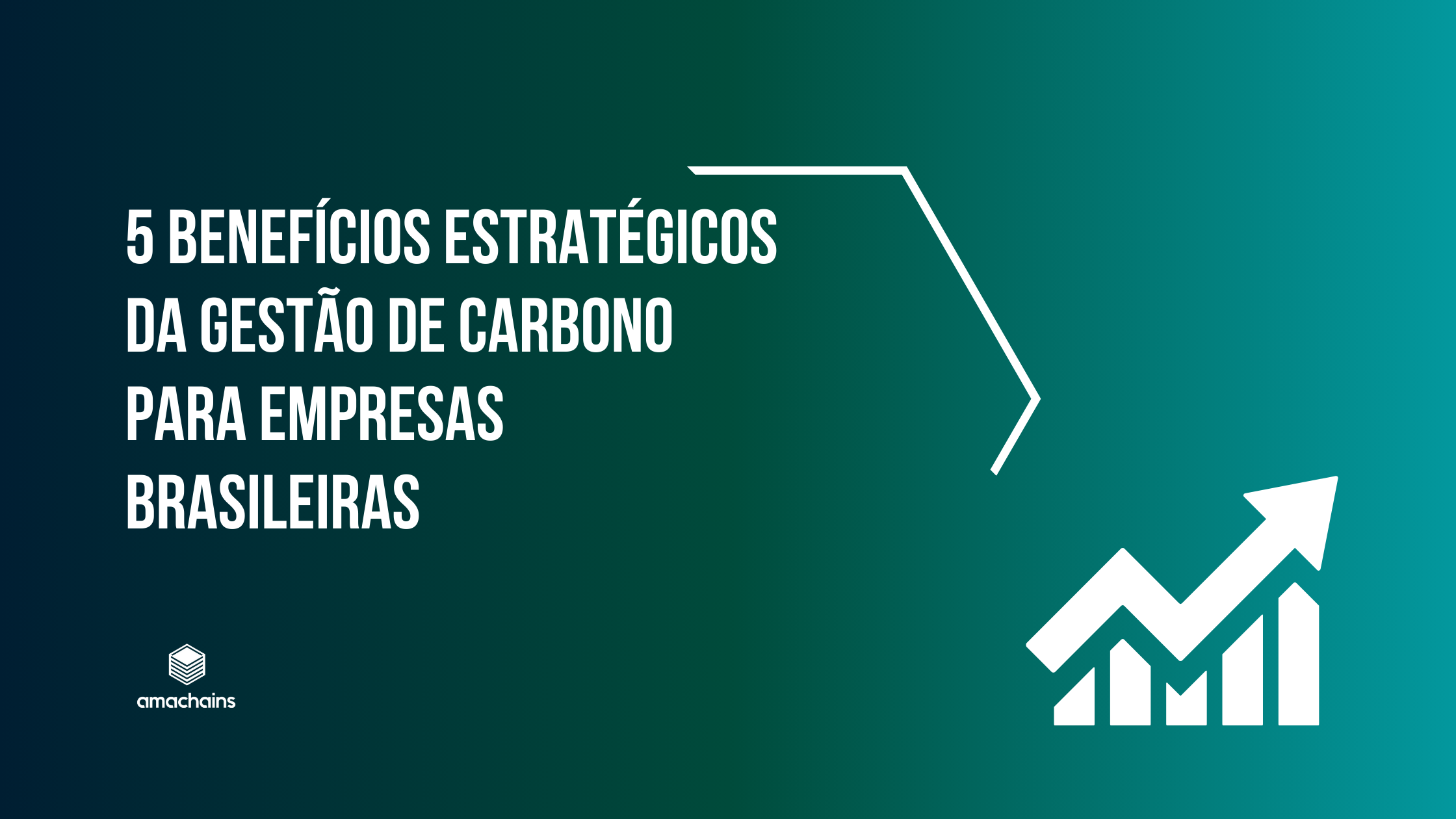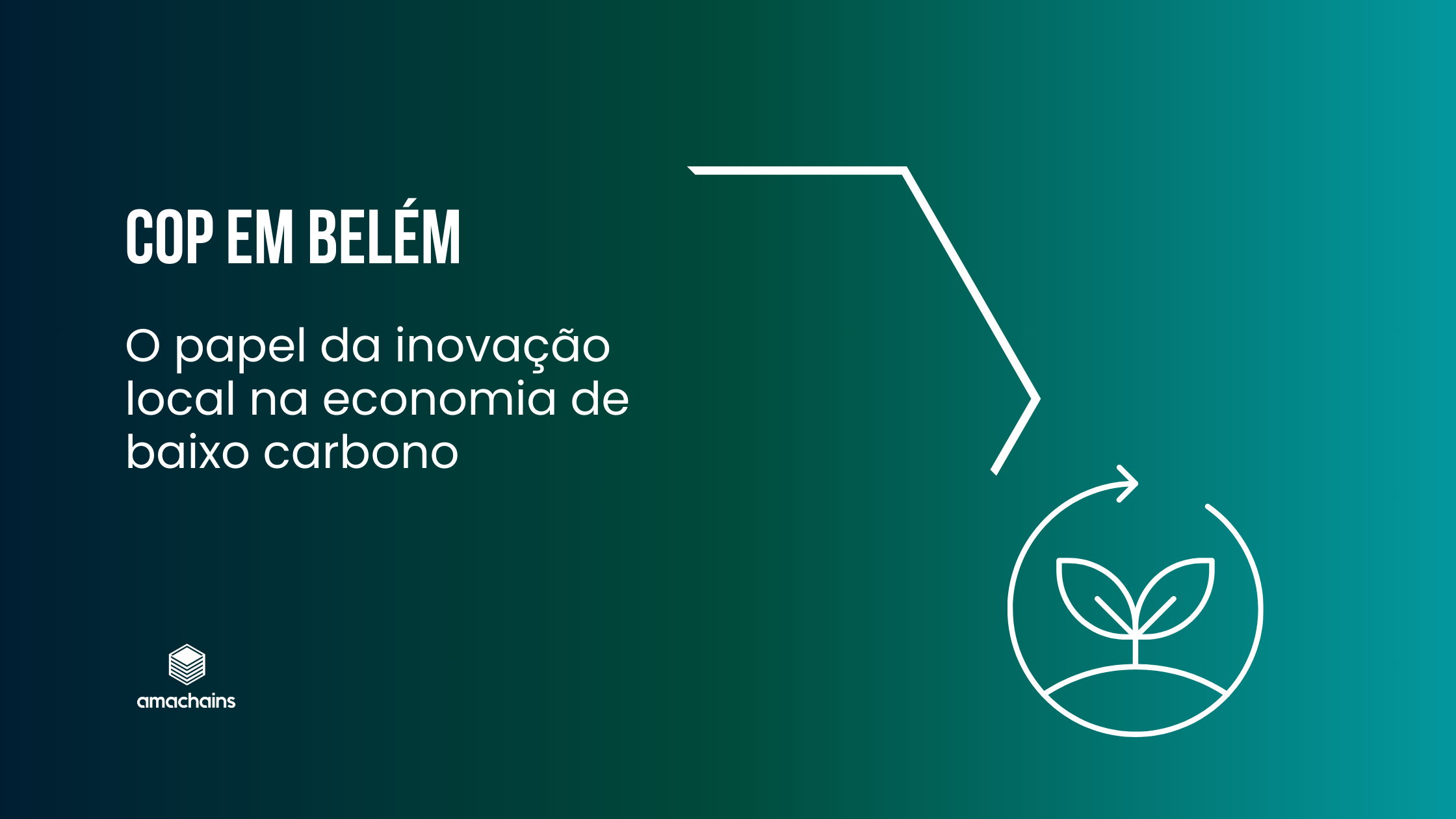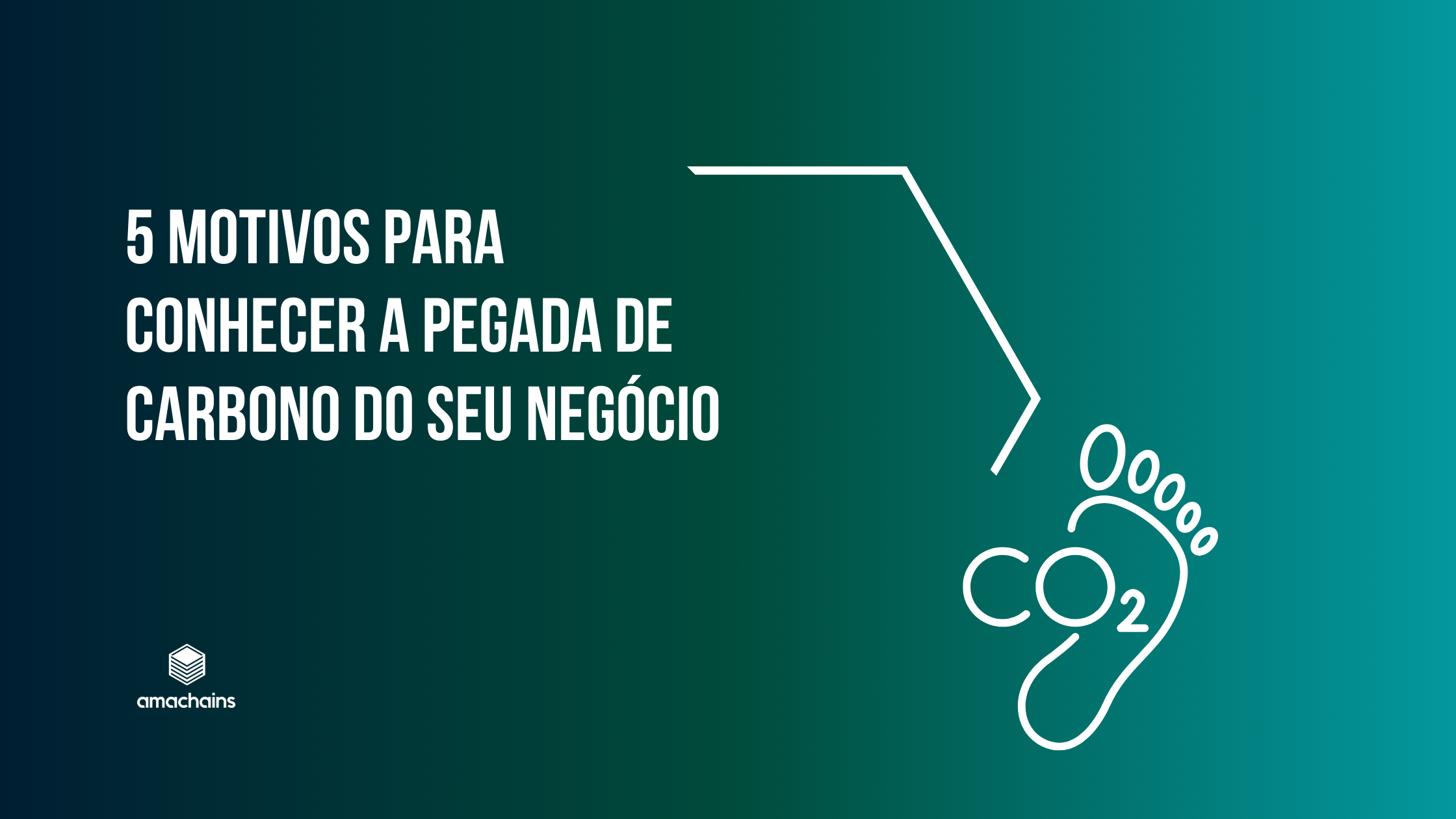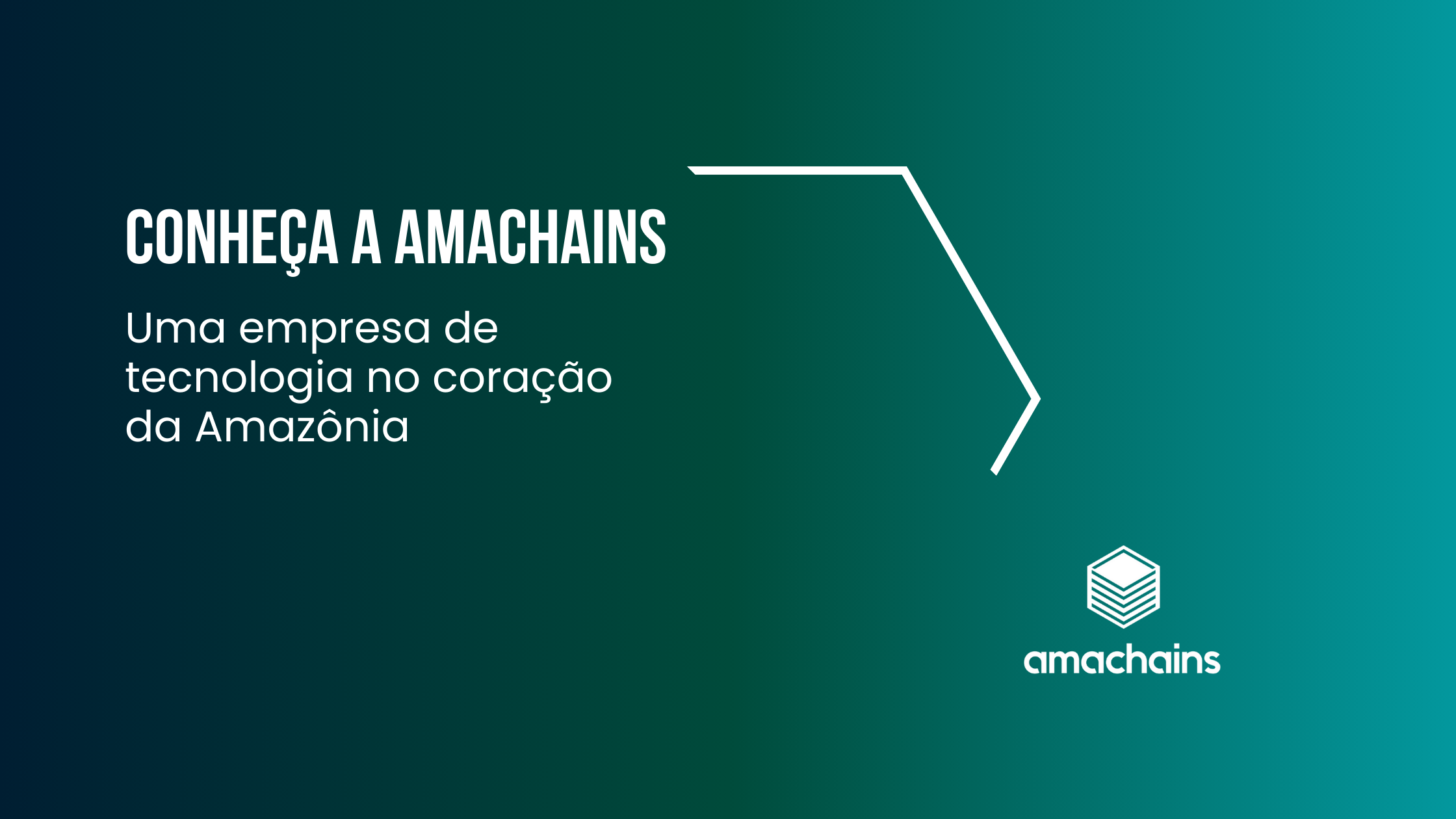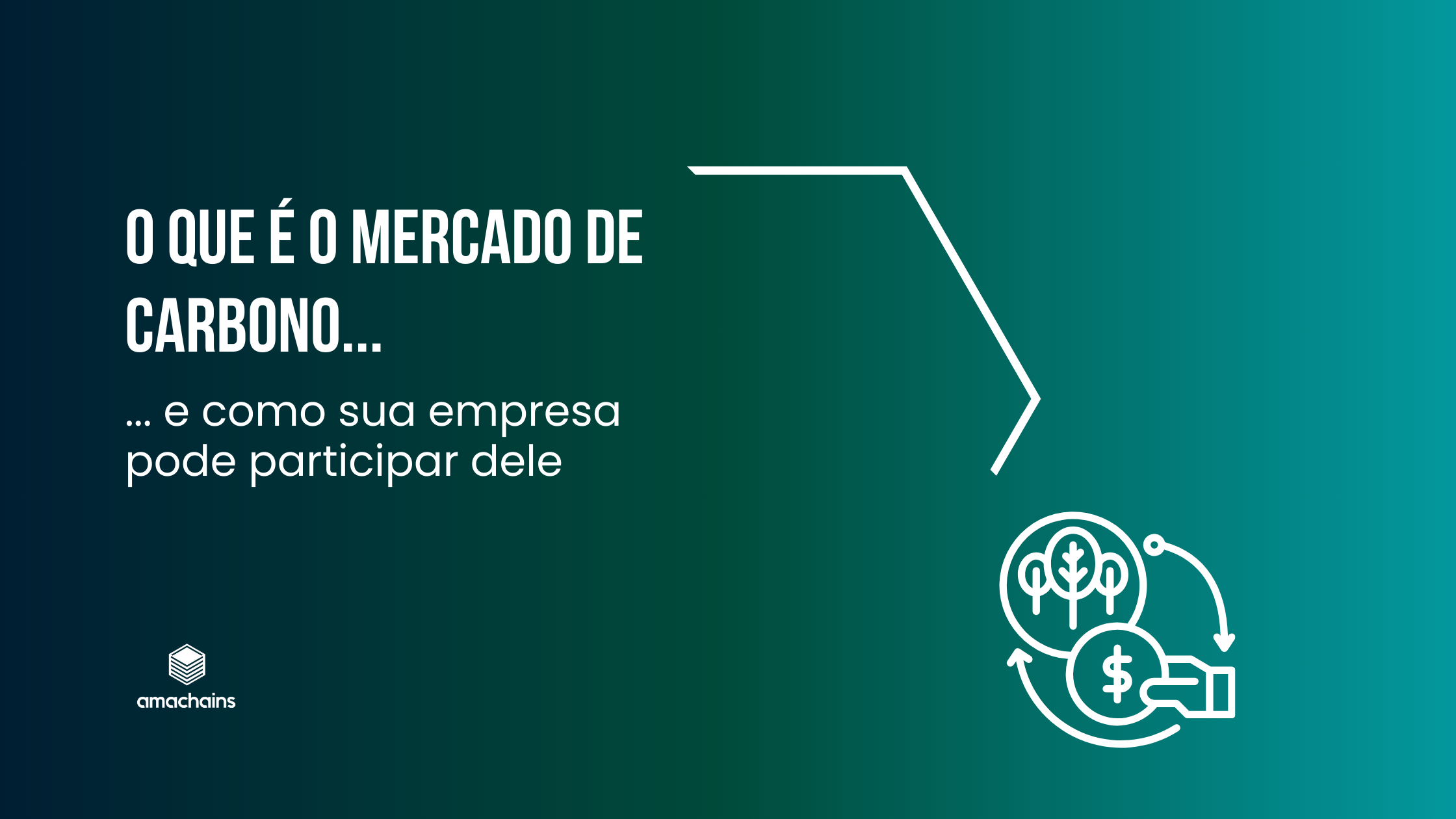Carbon projects in Brazil are implemented and monitored through laws, decrees and ordinances that establish the rules for participation in projects to reduce greenhouse gas (GHG) emissions, which aim to contribute to mitigating the effects of climate change.
Check out the following main laws, ISO, protocols and policies linked to Carbon for Brazil:
- Law 12,187 of 2009: institutes the National Policy on Climate Change – PNMC and establishes its principles, objectives, guidelines and instruments.
- Decree No. 7,390, of December 21, 2010: establishes the guidelines, criteria and procedures for the implementation of the Clean Development Mechanism (CDM) in Brazil.
- National Energy Efficiency Policy (PNNE) (Decree No. 7,404, 2010): establishes the guidelines, objectives and instruments for promoting energy efficiency in Brazil and promotes the reduction of GHG emissions resulting from energy consumption.
- ISO 26000:2010: establishes guidelines for the social and environmental responsibility of organizations.
- Resolution No. 37, of November 21, 2012: establishes the rules for the registration, issuance, transfer and cancellation of greenhouse gas emission reduction certificates by the National Climate Change System (Sisnama).
- National Climate Change Program (PNMC) (Decree No. 8,059, 2013): coordinates public policy actions and promotes the implementation of GHG emission reduction projects within the scope of the National Climate Change System (Sisnama).
- ISO 14065:2013: establishes the requirements for bodies that carry out the certification of GHG emission reduction projects.
- Ordinance No. 404, of December 18, 2014: establishes the rules for the commercialization of carbon credits generated by projects to reduce greenhouse gas emissions within the scope of the National Climate Change System (Sisnama).
- Ordinance No. 539, of October 30, 2015: establishes the National Registry of Greenhouse Gas Emitters (REN) and establishes the procedures for its operation and maintenance.
- Decree No. 8,973 of June 29, 2017: establishes the National Policy for the Reduction of Greenhouse Gas Emissions (PNRE) and establishes the targets for reducing greenhouse gas emissions for the period 2021 to 2030.
- Protocol for Reducing Emissions from Deforestation and Forest Degradation (REDD+): establishes the rules and procedures for the implementation of conservation, sustainable management and forest restoration projects, aiming to reduce GHG emissions resulting from deforestation and forest degradation.
- Protocol for Reducing Emissions from Agricultural Projects: establishes the rules and procedures for implementing low-impact agricultural and livestock production projects, aiming to reduce GHG emissions resulting from agricultural activities.
- ISO 14067:2018: establishes the requirements for the quantification and communication of greenhouse gas (GHG) emissions and GHG removals by carbon uptake of products throughout their life cycle.
According to the Permanent Joint Commission on Climate Change (CMMC), it is important to create effective regulations for the carbon market in Brazil, with the implementation of public policies to reduce the causes and effects of climate change resulting from human activities. Through economic incentive mechanisms and a system for recording and monitoring emissions, as well as to mitigate the effects of climate change and to meet the emission reduction targets established by Brazil. Therefore, it is necessary to create a global carbon market for negotiations between countries.

